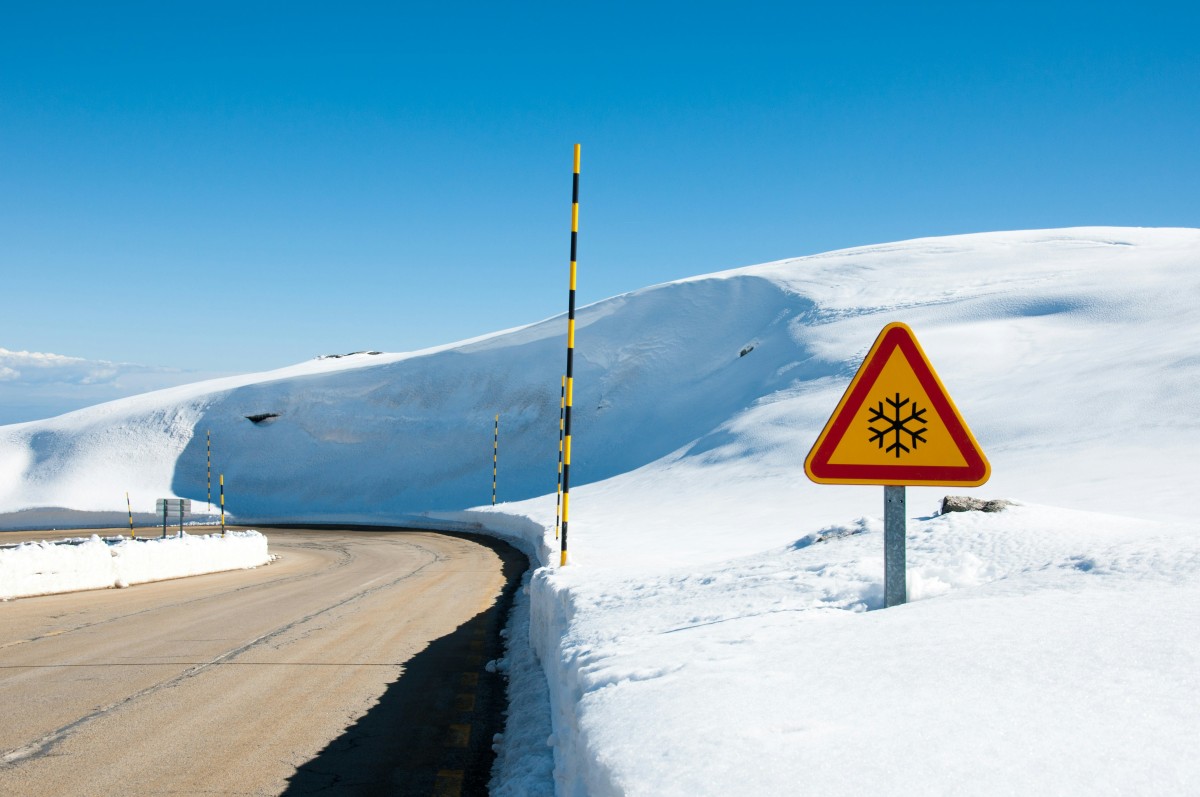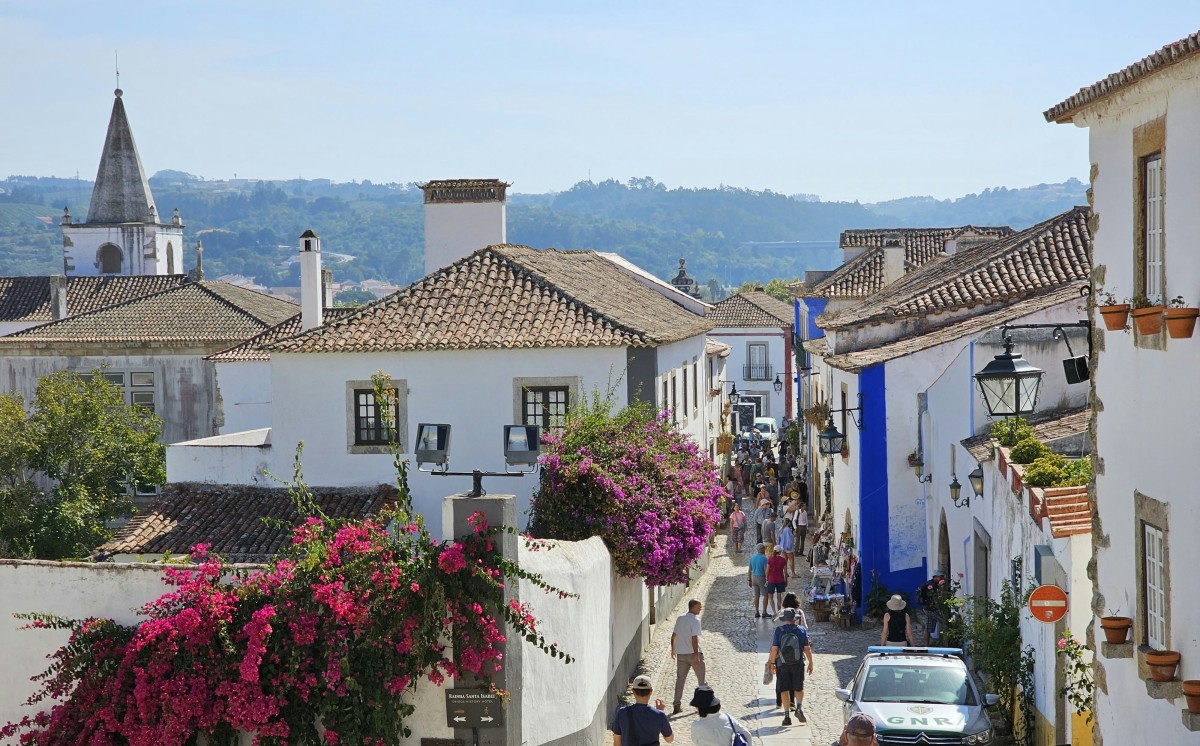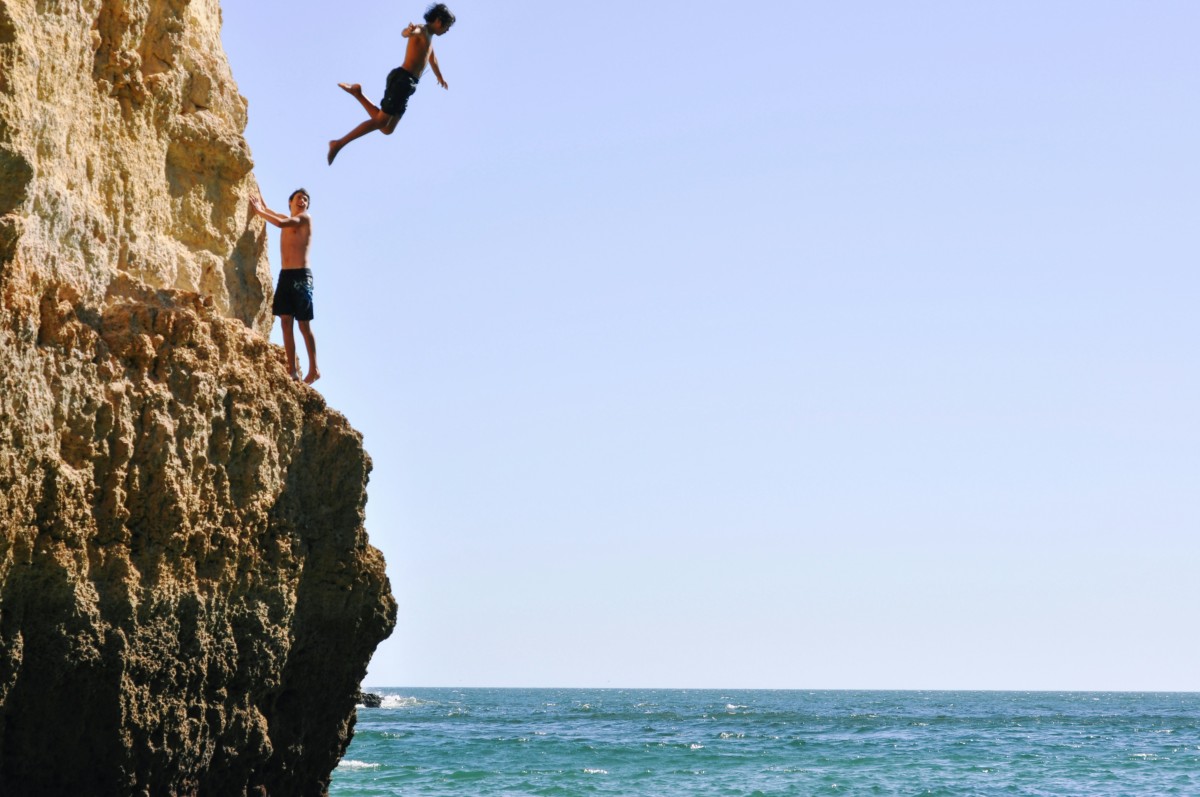
If you're living in Portugal or planning a move, knowing when the school holidays fall makes life a fair bit easier. The Portuguese academic year typically runs from September to June, with breaks dotted throughout for Christmas, Easter, summer, and a handful of shorter interruptions. These dates can affect everything from traffic levels to the crowding at coastal resorts, so it’s worth keeping them on the radar, especially if you’ve got children or need to work around local routines. Get familiar with the term dates for 2025-26 in Portugal so you can plan well in advance.
The Portuguese education system
Pre-school (Educação Pré-Escolar)
- Optional stage for children aged 3 to 6.
- Most kids attend, but it’s entirely up to each family.
- Basic Education (Ensino Básico):
- Compulsory for all children.
- Split into three cycles:
- 1st Cycle: Years 1–4 (ages 6–10)
- 2nd Cycle: Years 5–6 (ages 10–12)
- 3rd Cycle: Years 7–9 (ages 12–15)
Secondary Education (Ensino Secundário)
- Compulsory from ages 15 to 18 (years 10–12).
- Choice between general academic studies or more technical/vocational tracks.
Higher Education (Ensino Superior)
- Includes universities and polytechnics.
- Offers undergraduate, master’s, and doctoral degrees depending on the institution and field.
School terms in Portugal for 2025-26
First Term
Starts between 11th and 15th September, finishes on 15th December 2025.
Second Term
Runs from 6th January to 29th March 2026.
Third Term
Begins on 13th April 2026. The finishing date depends on the year group:
- Grades 9, 11 and 12 wrap up on 5th June 2026
- Grades 5, 6, 7, 8 and 10 finish on 12th June 2026
- Nursery and preschool go on until 30th June 2026
Holiday periods: dates for 2025
Christmas Holidays 2025

The Christmas break for Portuguese schools runs from 16th December through to 5th January 2025.
Cultural highlights
This isn’t just time off from the classroom—it’s the heart of the festive season in Portugal. Towns and cities put on a proper show with markets, street performances, and lively local Christmas traditions. Many families make a trip to a nearby vineyard, as they’re particularly peaceful at this time of year.
In some regions, it all kicks off on the evening of the 24th with a quirky local ritual: a stop at the local tavern for a shot of something strong and a banana—the so-called Bananeiro.
Weather
December is generally mild along the coast, though northern Portugal gets a colder snap. If you’re in search of real winter, take a drive to Serra da Estrela if you want to see snow in Portugal, and you could even do a (modest) bit of skiing.
Food and drink
Christmas Day itself usually calls for slow-roasted goat, big platters of bread and cheese, and ‘Sonho’—delicate clouds of fried sweet dough. Christmas food in Portugal is hearty and indulgent. Red wine flows freely with the main meal, while on other days, such as the Consoada (Christmas Eve), lighter greens and whites are the go-to.
Carnival Holidays 2026

The Carnival school break for 2026 is expected to run from 16th to 18th February, usually lasting two to three days.
What it’s all about
Carnival in Portugal bursts into life, giving everyone the chance to let their hair down before the quieter weeks of Lent set in. You’ll notice locals donning masks, parading through the streets, and dancing until late. In places like Funchal on Madeira, sipping a glass of punchy poncha while watching processions is part of the ritual, and Alcobaça is famous for its samba parties beside the monastery.
Food
Traditionally, it’s a time to refrain from meat, so you’ll spot plenty of Portuguese cod dishes on the table. For those less fussed about traditions, street food reigns—expect prego or bifana sandwiches hot off the griddle, bite-sized cheeses from Azeitão, and sweet, golden malassadas (sugar-dusted doughnuts) handed out at pop-up stalls.
For newbies
For international families and newcomers, it’s a brilliant excuse to join the crowds and see locals get creative, especially when men dress up as ‘Matrafonas’ in outlandish costumes. The playful spirit is infectious, and it’s one of those occasions where everyone is encouraged to get involved.
Easter Holidays 2026

In Portugal, the school Easter break for 2026 runs from 30th March to 10th April, usually giving families a solid two weeks to spend together.
Why it matters
Easter is a big deal in Portugal, woven together with religious traditions and the new energy of spring. By April, the weather is noticeably warmer, and you’ll find more locals getting outdoors, venturing to the coast, enjoying countryside picnics, or heading out on local day trips.
On the table
Food is incredibly important at Easter. Good Friday means no meat—cod (bacalhau) dishes take centre stage instead. On Easter Sunday, tables fill with roasted lamb flavoured with white wine, bay leaf, and garlic, and traditional sweet treats like honey-glazed almonds are shared among neighbours and friends.
Where people go
Many Portuguese use the time to visit their family villages, attend small-town church services, and catch up with relatives, so cities can feel quieter. If you’re based in Lisbon or Porto, expect the pace to slow down during these weeks.
A note for foreigners
Even if you’re not religious or don’t understand every custom, Easter is all about community spirit and gratitude. You could join in on local night-time processions in places like Óbidos, or tuck in at one of the grand Easter feasts in Loulé during the Mãe Soberana celebrations.
Summer Holidays 2026

The Portuguese summer break begins as early as 5th June for some year groups, and everyone is off by the end of June. Classes don’t start again until mid-September, so students can expect up to three months off, depending on their year.
Exams
Secondary students face the national “Certificado de Habilitações do Ensino Secundário” exams if they’re university-bound. Years 2, 5 and 8 tackle standard measurement tests. Year 9, which rounds off the final “ciclo” of basic education, sits exams in Portuguese and Maths before moving up to secondary.
Why it matters
This is the longest break in the school calendar. Exact timing can shift a little from one school to another, so double-check dates locally.
Where families go
With all that time off, many families pack up for extended stays on the coast, rent holiday homes in the Algarve, or travel inland to the Douro Valley.
For expats
Summer is ideal to get out and see some of Portugal’s UNESCO World Heritage Sites, hit the quieter corners of the country, or simply experience life as the locals do. It’s also when the country’s Blue Flag beaches, rivers, and mountain resorts are at their liveliest. If you fancy settling in for longer or making the most of the coast, it’s a good moment to browse holiday rentals in Portugal, or even start your search for a permanent place near your favourite spot.
Regional variations in school holidays
Although Portugal’s school holiday dates are broadly consistent across the country, there can be small differences depending on where you live or which school your child attends. Local education authorities sometimes alter the calendar slightly, and international schools often set their own term dates to line up with other educational systems abroad. It’s always best for parents to check directly with their child’s school.
- Where to spend Christmas in Portugal
- Best places to celebrate Carnaval in Portugal
- Where to go in February, March and April in Portugal
- The best places to visit in Portugal in summer
Planning tips for school holidays in Portugal
Getting the most out of the holiday breaks takes a bit of forethought, especially in Portugal, where school calendars and local traditions shape daily life. Thinking ahead means less last-minute faff and a bit more breathing room for the whole family.
- Keep an eye on the school calendar: holidays sometimes catch you off guard, especially when local variations or sudden changes crop up. Check with your school regularly, as dates can shift.
- Sort travel and accommodation early: if you’re heading off on a family trip, it pays to book well in advance. Prices climb as holidays approach, and places fill up quickly in Portugal’s most popular spots.
- Make the most of local activities: many councils and community centres run play schemes, workshops, or summer camps during the breaks.
- Think ahead about childcare: if you’ll be working during the school break, look into childcare options early on. Some schools, clubs, or local services offer creative or sports programmes.
Stay in the know about living in Portugal as a foreigner—get our Weekly newsletter for the latest travel, legal, and lifestyle news.
For a taste of the high life, sign up for the monthly Luxury market round-up.
